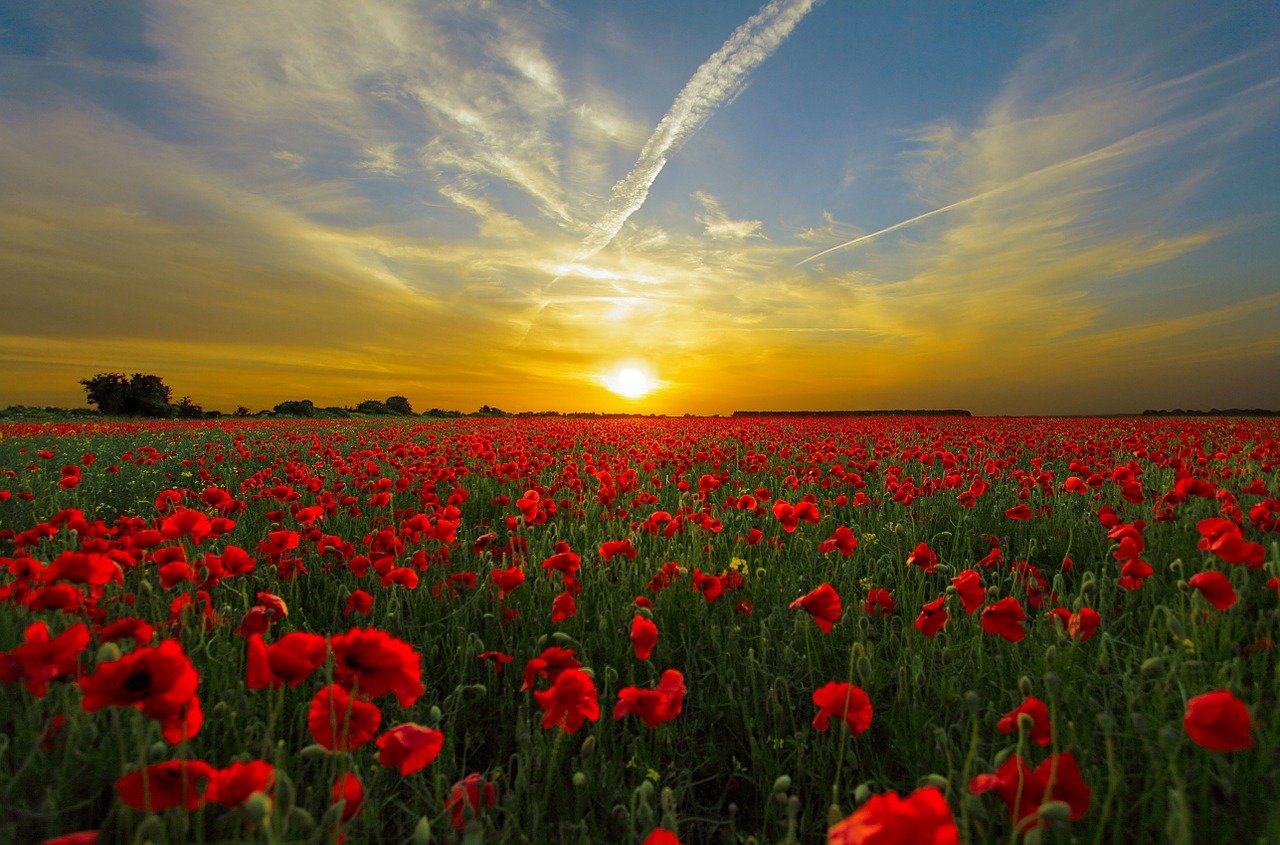A couple of times recently, I’ve found myself in conversations where the topic has turned to the work of Hollywood film director, Peter Jackson, in modifying the jerky, black and white film footage of the First World War so that the images appear in natural colour and run smoothly at the right speed. I admire those who have so diligently worked on the project and those whose technological expertise has made such a project possible. But I am also troubled by the work. You see, if I’m honest, I don’t want to see World War I in colour. My shallow heart wants to keep it black and white. I want it to be located securely in the unreal, soft-focus, greyscale and almost fantasy world of “days gone by”. It’s somehow safe there. Or perhaps it would be better to say that I feel safer with it being there.
By adding colour, Jackson has confronted me with the fact that the War is fact, not fiction. Emotionally, I might try to kick against this and attempt to force it back into the realm of the unreal, but I can’t. I simply can’t un-see what Jackson has put before my eyes. The men fighting were real men, with mums and dads, brothers and sisters, wives and children. They were next-door neighbours and friends – townsfolk and villagers with jobs and hobbies and names. Each one cherished. Each one loved. Each one with a family waiting anxiously at home for news. Each one fearing for their lives, often with their deepest concern being that they might never see their family again – that, by dying in battle, they would somehow be letting down their dependants and other loved-ones.
My desire for a comfortable and happy life finds this is all rather unsettling. If I dwell on it, it makes me feel sad. In fact, it causes all kinds of emotions to stir in me – not just sadness, but also anger and compassion and admiration, all whisked up together into a confused moral knot as I try to catch individual thoughts as they race through my mind.
I am sure I am not alone in saying I don’t want to see it in colour – after all, who would deliberately and gladly entertain such a moment of emotional turmoil? And yet, I need to see it. Jackson’s work is enormously valuable – precisely because he has made the unreal real. The principle underlying what he has done is the same as underpins our annual acts of remembrance, private and public. Of course, we say “remembrance” fully aware that none of us “remember” the war – because none of us were actually there. But let us be clear: that is just an accident of history. One hundred years ago, real people were caught up in this terrible tragedy. They were people who lived in our village, in our streets and even in our houses. But for timing, they could have been us. Our act of remembrance is about calling to mind what happened – not a jerky, unreal, soft-focus, greyscale fantasy, but a full-colour, real-life true story. It’s about honouring the sacrifice of those who gave their lives to save others. And we will only do that properly when we allow it to be real – when we let its reality touch us; when we dare open our hearts knowing that doing so will change us.
I hope you will join us at our Service of Remembrance this year as we give thanks for those who gave themselves for our freedom and as we resolve to work for peace in our time.
May the God of peace be with you.
